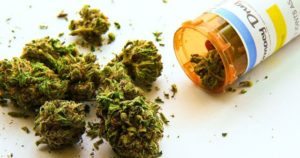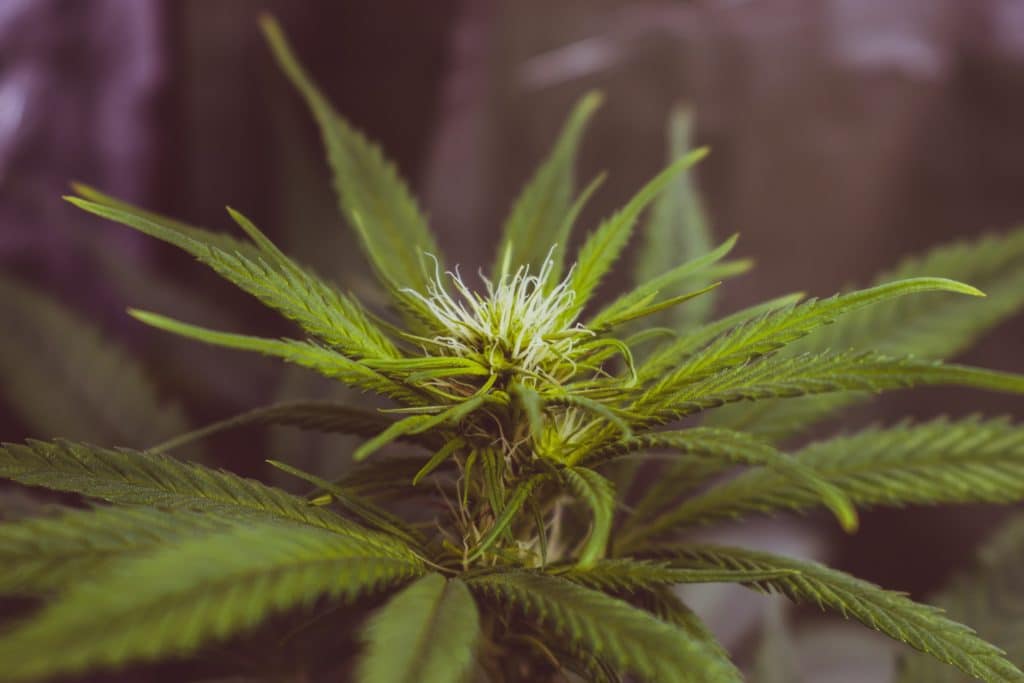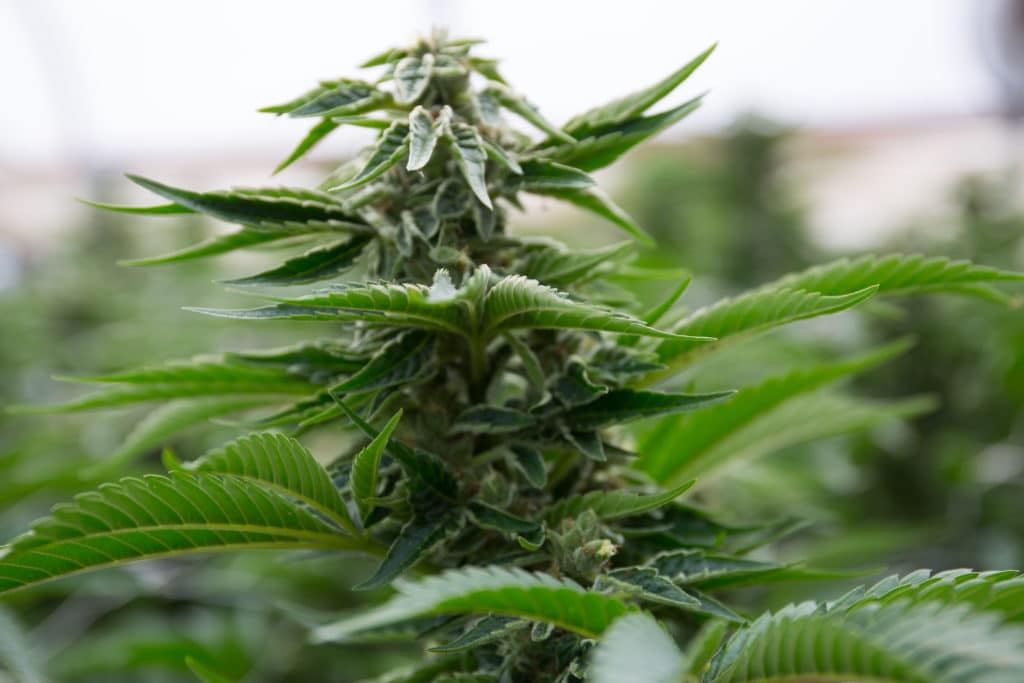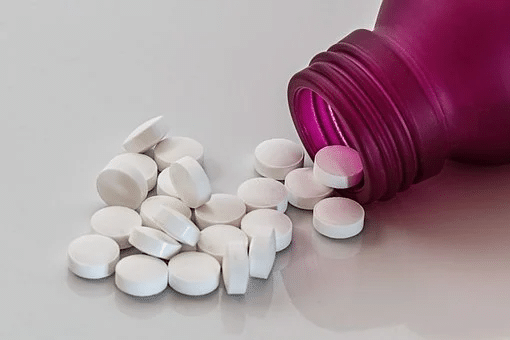Can you use Marijuana to Treat Drug Addiction?
As more states legalize cannabis with both medical and recreational/adult-use legislation, the topic of using marijuana to treat drug addiction seems to come up more and more. We recently posted an article about how cannabis could be the cure to opioid addiction, and I have spoken with many people personally who have used cannabis in some form to help wean themselves off of their opioid addiction or other drugs.
As discussed in that article, a number of respected science and medical journals, have undertaken medical marijuana studies in recent months and years. While the information is preliminary, all of these reports and studies lay an important foundation to push for more studies and information regarding the possible therapeutic use and benefits of cannabis for a variety of reasons, and particularly opioid addiction.

Amanda Reiman, PhD MSW, is an internationally recognized cannabis expert and public health researcher, and a leader the field of cannabis as a substitute for alcohol and other drugs. She has presented her research all over the world. Reiman explained, “When a family loses a loved one to opiate overdose, they would do anything to go back in time and prevent it, even allowing their loved one to use cannabis. Standing by an abstinence only framework in light of the rising deaths due to opiates is narrow minded and inhumane.”
A recent article from CNN explores this type of treatment even further:
On the front lines of addiction in the United States, some addiction specialists have also begun to work towards this.
Joe Schrank, program director and founder of High Sobriety, is one of them. He says his Los Angeles-based treatment center uses medicinal cannabis as a detox and maintenance protocol for people who have more severe addictions, although it’s effectiveness is not scientifically proven.
“So it’s a harm-reduction theory,” he said. “With cannabis, there is no known lethal dose; it can be helpful for certain conditions.”
“Some say it’s hypocritical because, you know, you’re supposed to go to rehab to get off drugs,” said Schrank, who recently celebrated 20 years of sobriety from alcohol and all drugs. “And cessation of drug use can be a goal for some people, but pacing is also important.” Some patients want to gradually move into abstinence, weaning themselves off drugs over time. Others want to maintain sobriety from a drug by using a less harsh drug, such as cannabis.
Part of the problem in collecting evidence is that marijuana remains a Schedule I drug under federal law, which creates something of a roadblock for conducting proper research. However, pre-clinical animal studies have demonstrated promising results in reducing the symptoms of opioid (and other hard drug) addiction withdrawal and heroin-seeking.





